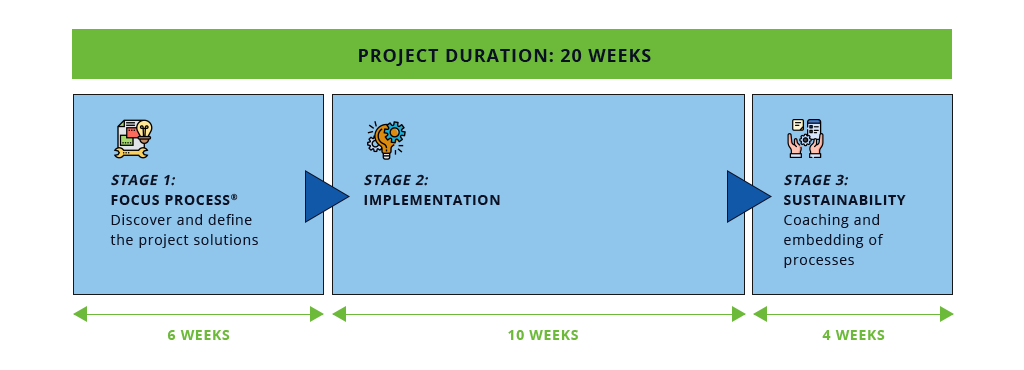Key results
10%
Improvement in productivity
50%
Increase in sales
meeting effectiveness
$450,000
Bottomline savings achieved
Our client was a leading manufacturer of electric fence systems, livestock scales, electronic identification products and milk metering equipment for farmers in over 100 countries. The company designs, manufactures and markets products and solutions to increase efficiency and profitability in the agricultural sector.
The challenge
Although the company’s retail sales team had been achieving its annual targets, the client wanted to improve further. After a detailed analysis, we discovered that:
- Area sales managers were largely self-directed, with minimal guidance from national managers, especially regarding sales productivity. This led to inconsistencies for required number of sales calls and types of activities during sales visits.
- Daily activities between sales managers, retail key accounts and high-value end users also lacked visibility, increasing the risk of service inefficiencies.
- The Customer Relationship Management (CRM) system was also under-utilised, providing little visibility of the sales activity history.
- There was low visibility on the time taken up for product troubleshooting and other non-value-adding impairments.
- There was a need for better key lead indicators that could be managed to maximise monthly sales performance.
What we did
In order to evaluate the current state of sales performance and identify potential areas for improvement, Reynard and the company worked together to:
- Conduct interviews across the organisation to capture systemic gaps in the planning and reporting used to control sales performance.
- Identify best practices used across the sales team.
- Created a cross-functional Management Action Team (MAT) to ensure resources were properly managed and proposed changes were successfully implemented.
- Held presentations and field coaching sessions with sales managers to ensure the successful uptake of the new operational changes.
Following this, a 20-week project was started to track the sales activities across the company’s retail clients. The project was split into three stages:

Optimising productivity and efficiency
Stores in the sales territories were evaluated and classified according to historical sales and growth potential. Various KPIs and reporting measures were implemented to manage sales productivity and sales targets, while also identifying individual stores that had not been visited within the target cycle.
The result of this Focus Process® was a “Best Practices” toolkit that included training on product knowledge, promotional techniques and a sales visits checklist that covered all the key sales drivers.
Results of the checklist were matched against store month-on-month sales to ensure that the new sales activities were delivering improved results. Clear guidelines were established to manage minimum expectations and successful tactics were regularly shared in the fortnightly sales conference call.
This validation process ensured continuous evaluation of sales process and sales behaviours to drive ongoing sales effectiveness.
Improving reporting and business intelligence
Mobile reporting systems were developed and integrated into the existing CRM system to monitor and verify data integrity. As a result, summaries of sales visits – and the corresponding dashboards – could be updated in real time.
Reports also factored in KPIs that were previously not monitored to give clear visibility of market demand. The reporting was rolled up and down in more detail for all levels of management, with the appropriate KPIs being included for each level of accountability in the organisation.
Sales managers also gained access to more information on individual store performances, leading to an increase in the effectiveness of their discussions with their sales staff, and the identification of opportunities for sales growth.
Results
Alongside the key results that were obtained after just 10 weeks of implementation, the sales approach also underwent an upgrade. With a well-designed Sales Management Control System (SMCS) in place, sales managers now had access to better metrics for planning and a method of delivering sustained sales benefits to the business. In short, the SMCS becomes a method to monitor performance effectively and drive continuous, sustainable improvement.
What the client said:
“Within the short timeframe of the project, the Retail Sales Team achieved a significant rise in sales volume and margin and created the framework for continuous improvement to deliver further increases.” – CEO
Learn more about building well-designed management control systems in our white paper, Priming Business Processes for Excellence: Digitising Management Control Systems.
* We take client confidentiality seriously. While we have kept the brand anonymous, the results are real.



